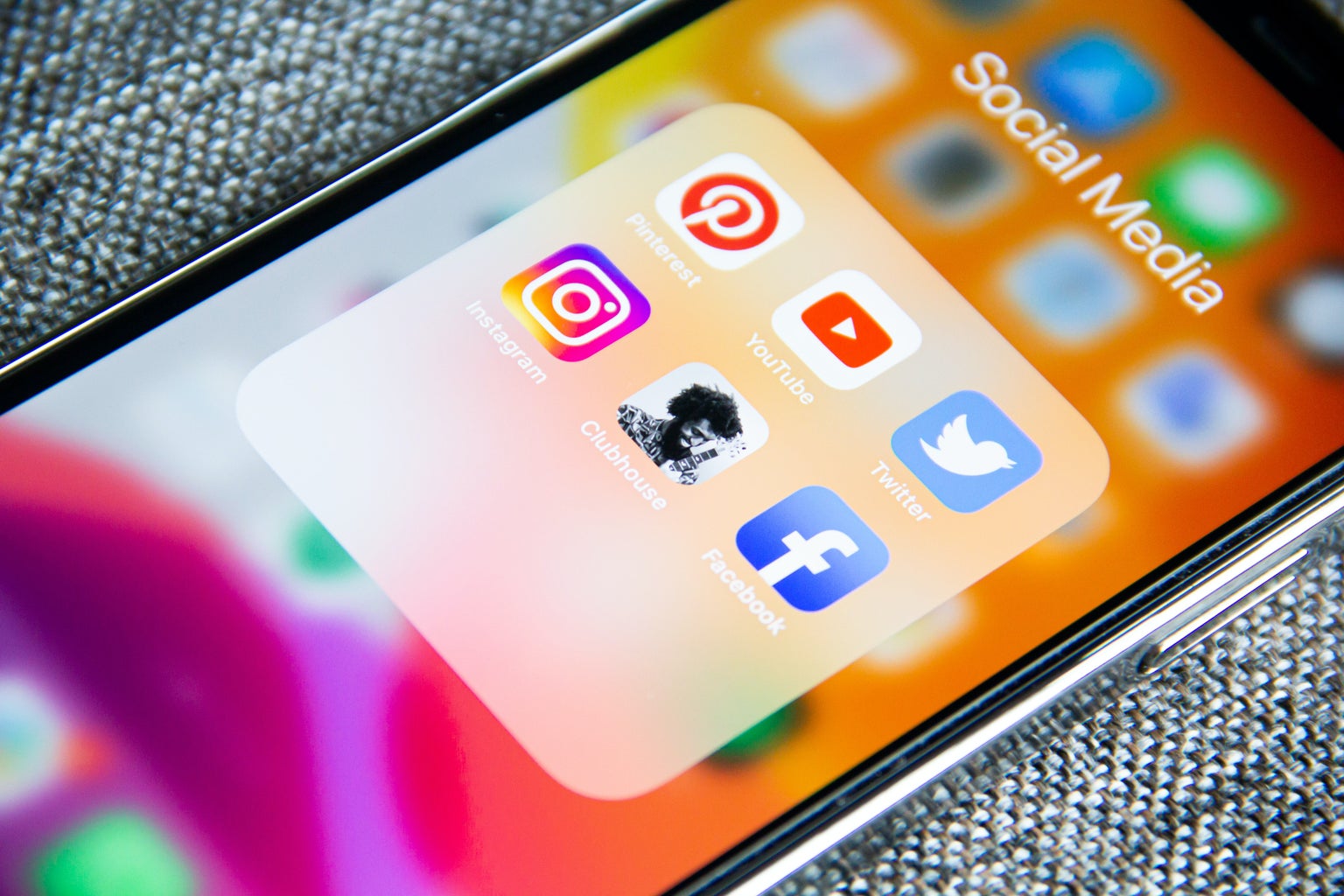Inspired by the movie The Social Dilemma that my design class assigned us, I wanted to speak on the relevance of the film’s commentary regarding the secrets of technology. In the documentary, there are interviewees from prominent companies such as Facebook, Google, Twitter, and Instagram that expose the truth behind the ethics and intentions of their job objectives. Tristan Harris, a former worker of Google on the Gmail team, sheds light on how these major companies think when it comes to yielding the most profit from users like us. Not only do they consider the app design and gather data on the engagement as well as the amount of time we spend on the app, but they tap into the psychology of our minds to understand what exactly would cause people to obsessively return to the same platform.
The tools and products that genius individuals of large corporations have invented are actually now controlling us more than we are controlling it. In the film, many more of the former workers of Facebook or Twitter share that they too have fallen victim to their own company’s product that is precisely designed to compete for the user’s attention and time. One worker shared that after a long day of work, he comes home and finds himself scrolling through his phone relentlessly, despite having a daughter who he should be spending time with.
It is one thing to be aware that we are obsessed with our phones and feel this need to check the notifications or messages, but it is another concern when we aren’t even conscious of how our phones constantly compel us to reach for it. Unfortunately for Gen Z, social media emerged as soon as we were at the end of elementary to the beginning of middle school. I say “unfortunately” because it was introduced to the youth at a young age where individuals didn’t have fully developed frontal lobes that allowed them to make reasonable judgments and decisions. Being the first generation to be exposed to online platforms where we could post photos, like, and tag friends had its advantages and disadvantages.
The film’s exposé revealed the reality of how much we are actually living in a Truman Show through technology. We are constantly being watched by the engineers who run the large companies — they calculate and predict what our interests are based on our interactions on apps. YouTube, for example, has the “home” page which is essentially a recommended feed that shows you a list of videos based on the videos you have previously watched. The data they gather on us is used to bring more engagement and attention to the tool they have created.
In The Truman Show, someone asked the question why did it take Truman this long to realize what was going on around him? And the producer of the show in the film responded by saying that it is because we often accept things society as is, without ever questioning what meets the eye. The film satires humanity for hardly looking past the face value of how our society or even brilliant inventions like technology is actually manipulating us and we aren’t even aware of it. Many of us take entertainment for granted and accept it as is without truly considering the possible underlying meaning behind it. These tools that were once created to help society transition into a generation where there is easier access to communication and service, are now becoming more harmful to humanity, especially one’s mental health. The power it has over our lives and how it dictates our mood and behavior overpowers our human freedom and strength. Almost 7.8 billion people wake up to check their phones and glue their eyes to the screen for another eight to nine hours per day, instead of participating in any non plugged activities (e.g., playing sports, reading books, or hiking).
These platforms are no longer created for the benefit of humanity, they are created to make a profit and benefit the rich. Our mental health and vigilance are compromised for the sake of money. Films such as The Social Dilemma and The Truman Show are two of many satirical films that expose the reality we live in. These films convey a deeper meaning that encourages us to see past face value and understand how to reorient our perspective and thinking to become more aware of the manipulation. So, in the next movie or book you read/watch today or tomorrow, I hope you take a few moments to consider the underlying messages behind the entertainment you witness at first glance.




